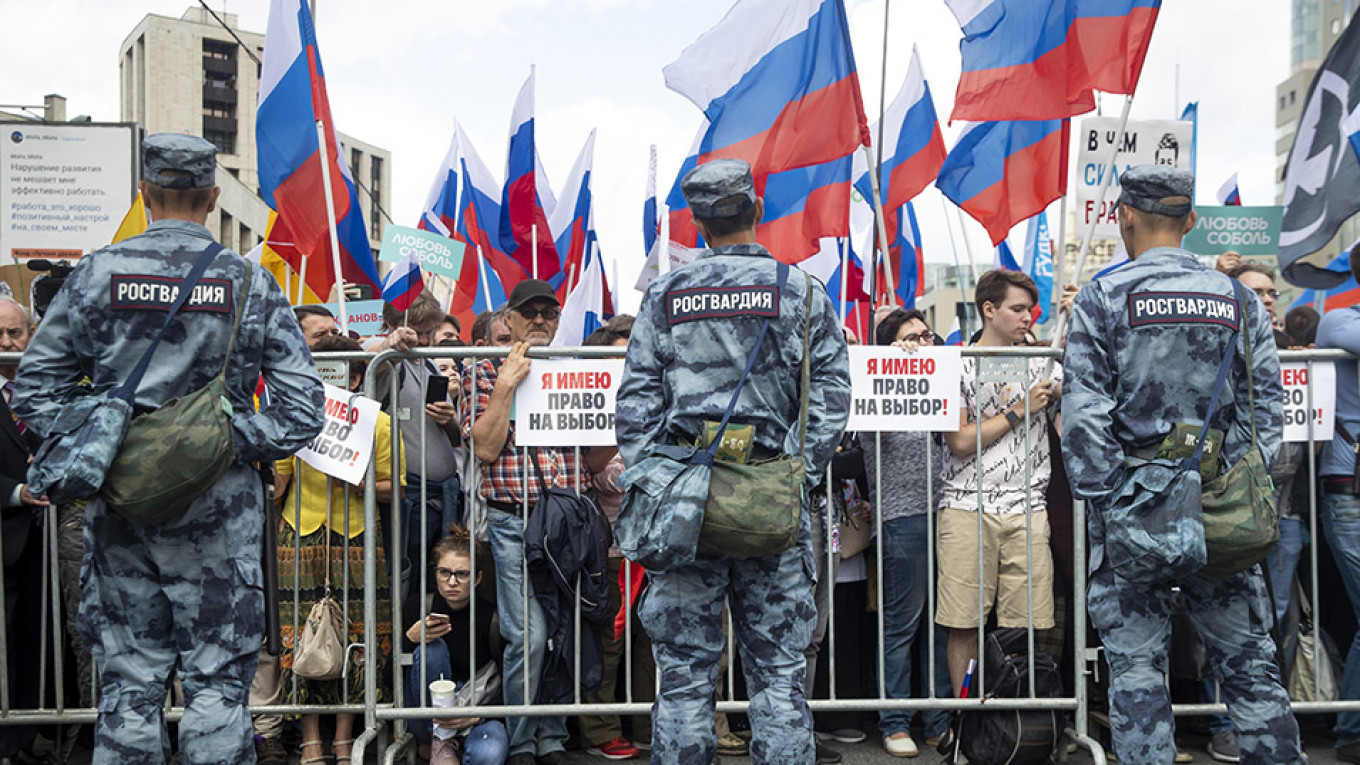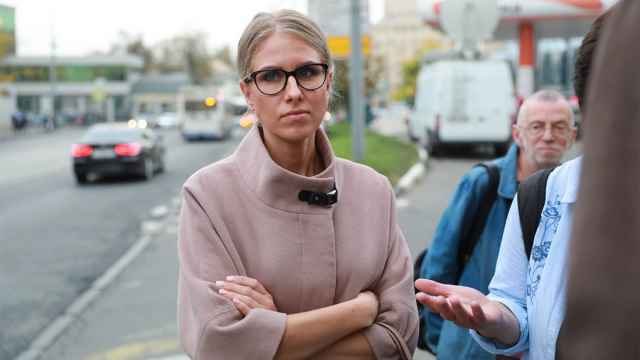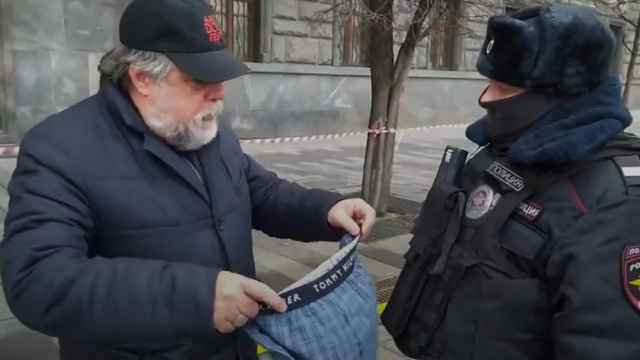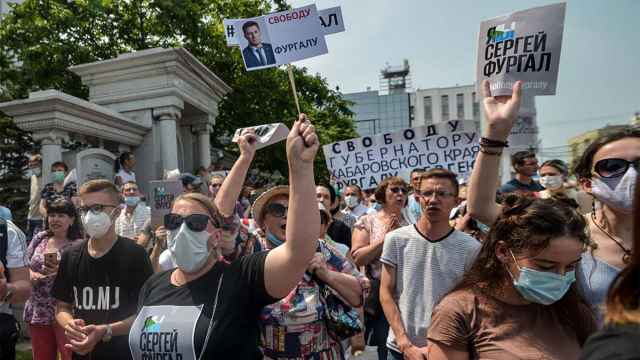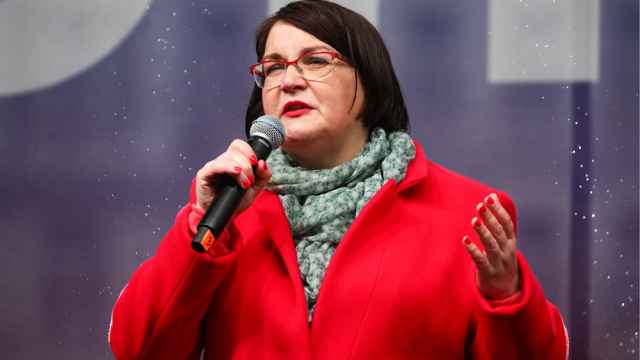Russian lawmakers are moving to further restrict the locations where citizens will be allowed to protest following weeks of demonstrations over Moscow authorities’ refusal to allow the opposition from running for local office.
Thousands of Muscovites have taken to the streets in the past month to protest the decision to bar opposition members from running for the Moscow City Duma on Sept. 8. The protests have led to thousands of citizen detentions, a number of would-be candidates jailed and several participants accused of taking part in “mass unrest,” while Russian lawmakers have alleged foreign meddling in the rallies.
“We need to draft a bill that will clearly define locations for political rallies,” Russian senator Lydumila Bokova told the Kommersant business daily following a session on foreign meddling Thursday.
Russian law currently prohibits demonstrations near presidential buildings, courts, prisons and other key infrastructure facilities.
Senator Andrei Klimov confirmed that Russia’s Federation Council will draft a bill “locking in the specific places where political actions can be carried out.” The legislation will also spell out “where they can’t be carried out under any circumstances.”
“Sorry,” Kommersant quoted Klimov, who chairs the upper-house commission on state sovereignty, as saying.
The latest move to draft new protest regulations comes after President Vladimir Putin signed a law in 2012 that hiked fines for protesting at unsanctioned rallies. Demonstrating without permission from the authorities has been a criminal offense since 2014.
Human rights lawyer Alexei Glukhov argued the newly proposed bill will “drive protesters into reservations.”
“In all, the continued pursuit of limiting the rights and freedoms of citizens is evident,” Kommersant quoted Glukhov as saying.
Bokova has previously co-authored another law, designed to isolate the Russian segment of the internet in the event of an outside attack, which has been described by critics as draconian.
A Message from The Moscow Times:
Dear readers,
We are facing unprecedented challenges. Russia's Prosecutor General's Office has designated The Moscow Times as an "undesirable" organization, criminalizing our work and putting our staff at risk of prosecution. This follows our earlier unjust labeling as a "foreign agent."
These actions are direct attempts to silence independent journalism in Russia. The authorities claim our work "discredits the decisions of the Russian leadership." We see things differently: we strive to provide accurate, unbiased reporting on Russia.
We, the journalists of The Moscow Times, refuse to be silenced. But to continue our work, we need your help.
Your support, no matter how small, makes a world of difference. If you can, please support us monthly starting from just $2. It's quick to set up, and every contribution makes a significant impact.
By supporting The Moscow Times, you're defending open, independent journalism in the face of repression. Thank you for standing with us.
Remind me later.


